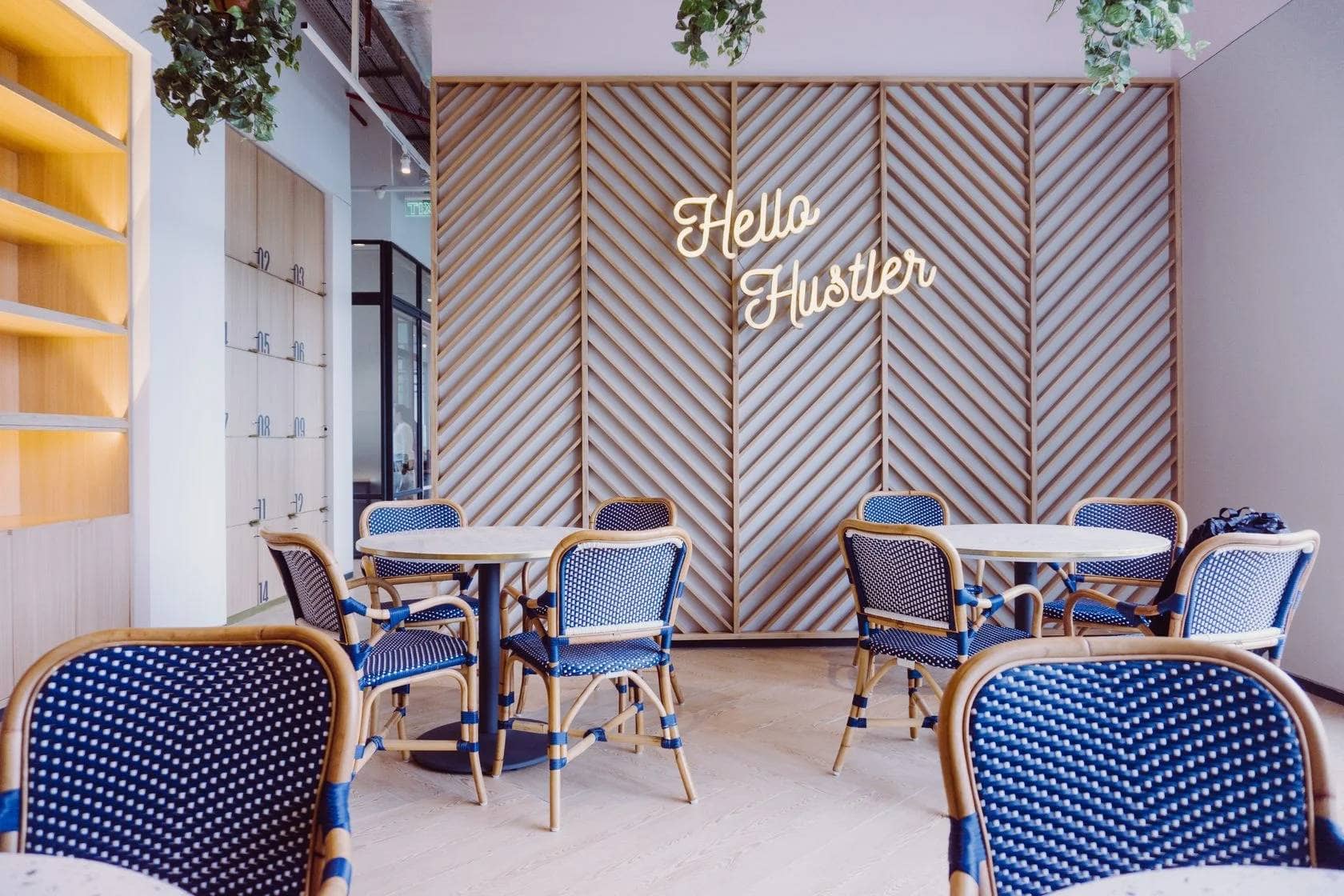Author: Luisa Gibbons
Coming up with new ideas can be the easy bit… what’s often more difficult, is creating a space (physical and mental) that stimulates, facilitates and encourages a creative and collaborative way of thinking, without the fear of being punished if you get something wrong.
This is one area in which start-ups certainly have the march on large corporations.
True innovation is bringing something new to the world; a new idea, method or device to address a customer need, whether it’s one we knew about already or not. However, creative ideas are by definition novel, and novelty elicits feelings of uncertainty that make most people uncomfortable. This makes it hard for genuinely new ideas to survive the hurdle-based stage-gate processes that exist in many corporate firms.
This is why start-ups and entrepreneurs will often be the ones that launch true innovation; it’s not just that they have a natural tendency to be more risk taking (although many do), but they also have fewer processes and guardrails pushing them to bend on the core premises of their idea.

Businesses need to look at how they recognize creative ideas and how the ideas are then managed through the development process. Many of today’s recent success stories started small and targeted, growing from a strong initial base. Whereas many corporate systems, (which are often based on metrics formed during years of ‘good time’ launches), insist on almost instant success.
What makes start-ups particularly effective though (especially those that really break through – e.g. Fever Tree, Halo Top, KIND), is a single-minded focus. They will typically have unwavering belief in their idea (often inspired by their own experiences / needs) and they single-mindedly stay true to this across the whole development. The result? A proposition that is perfectly aligned, delivers against the need and intuitively communicates this fit across every touchpoint so that everything reinforces the same message. Ultimately delivering a stronger and more engaging proposition that connects with consumers on multiple levels.
Are you ready to unleash your inner entrepreneur?
